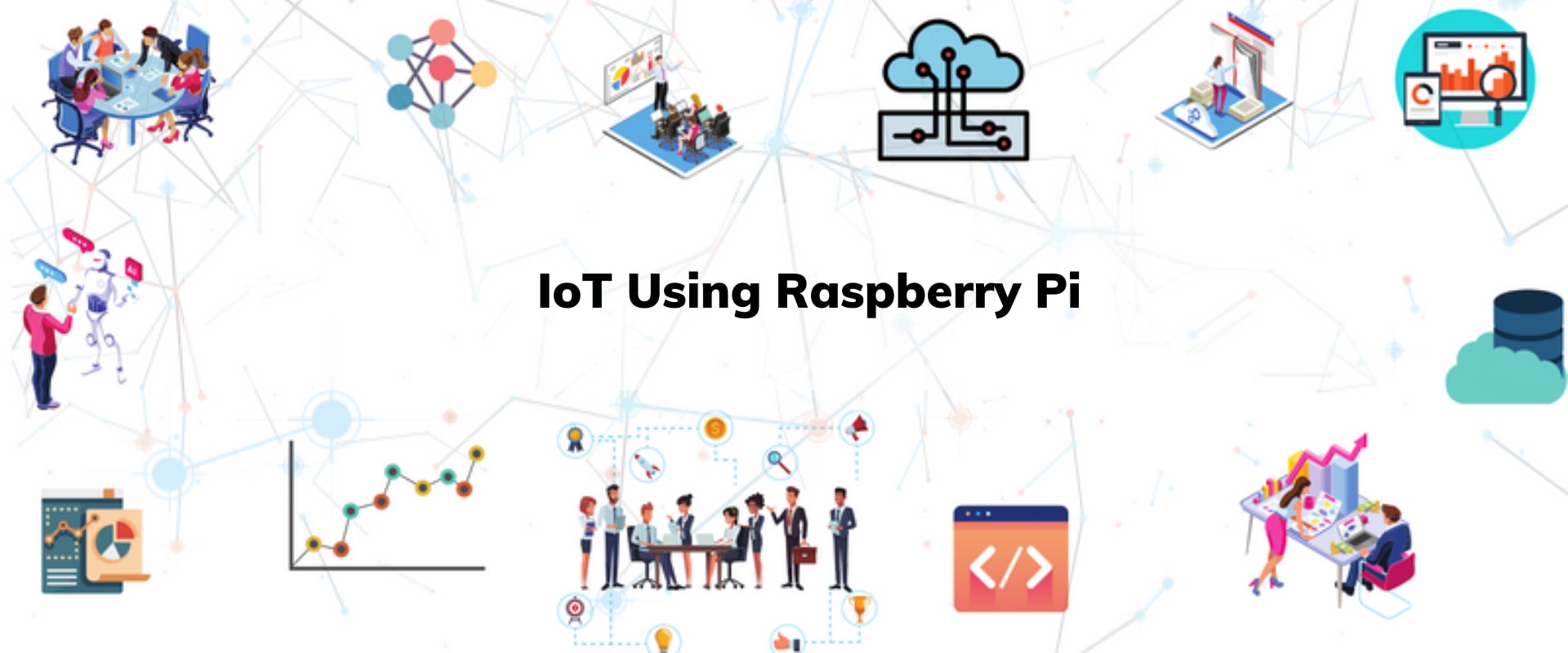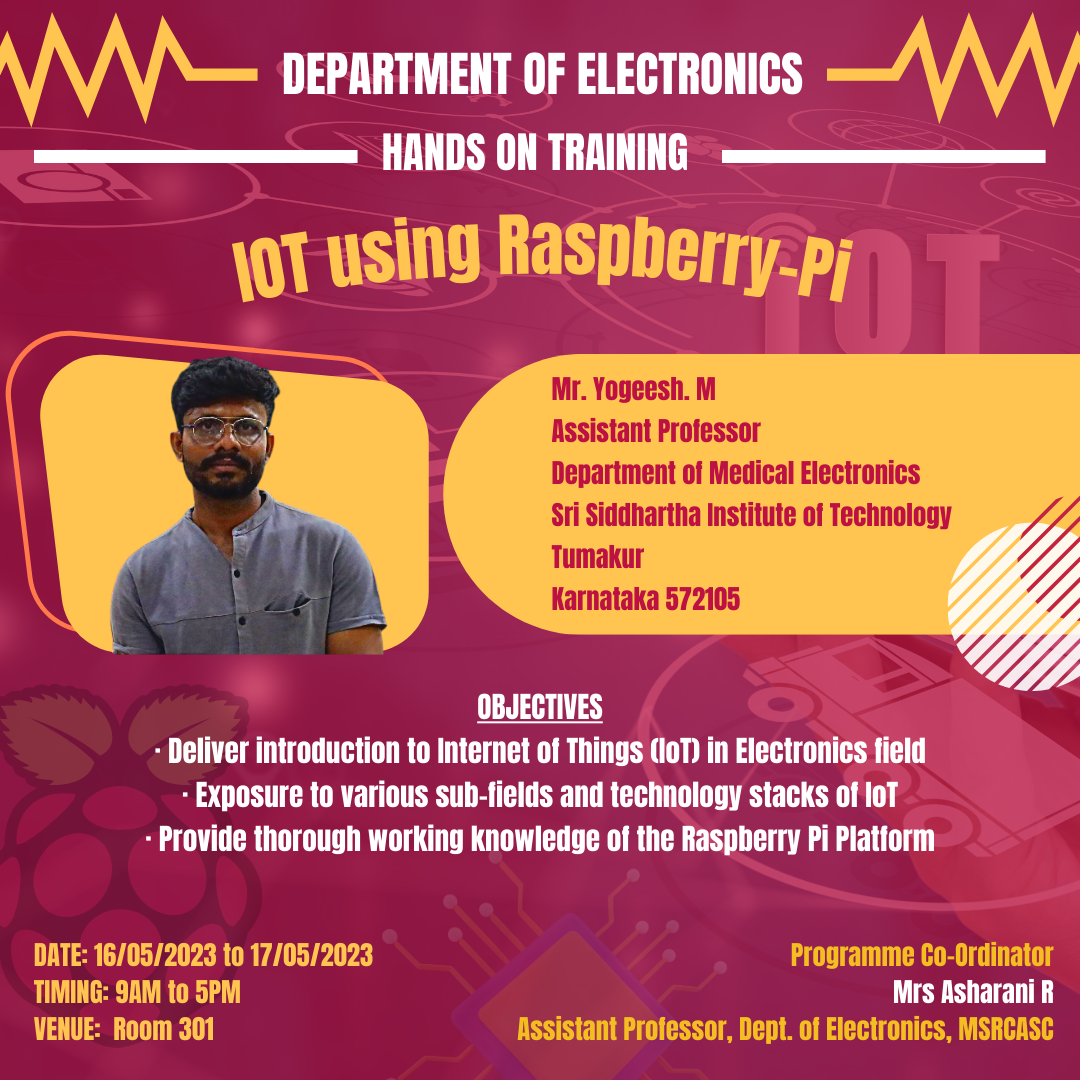So, here's the deal. You've probably heard about Raspberry Pi by now, right? It's that tiny little computer that’s been making waves in the tech world. But is Raspberry Pi an IoT device? That’s the million-dollar question we’re diving into today. Stick around because this is going to get interesting.
Raspberry Pi has become a household name for tech enthusiasts, hobbyists, and even professionals. But its role in the Internet of Things (IoT) ecosystem is something worth exploring. Is it just a mini-computer or can it truly be considered an IoT powerhouse? Let’s break it down for you.
Before we dive deep into the nitty-gritty details, let’s clear the air. This isn’t just another tech article filled with jargon. We’re going to simplify things, make it relatable, and help you understand whether Raspberry Pi fits the bill as an IoT device. So, grab your coffee and let’s get started!
Read also:Sophia Rain Spiderman Video The Buzz Around The Blockbuster Scene
What Exactly is Raspberry Pi?
Alright, let’s start with the basics. Raspberry Pi is essentially a small, affordable computer that you can use to learn programming, build projects, or even run a full-fledged operating system. It was originally designed to promote computer science education, but guess what? It’s now used for so much more than that. It’s like the Swiss Army Knife of tech gadgets.
Here’s the kicker: Raspberry Pi comes in different models, each with varying specs. From the classic Raspberry Pi 4 to the newer Raspberry Pi Pico, there’s something for everyone. But does that make it an IoT device? Not so fast, my friend. We’ll get to that in a bit.
Understanding IoT: The Backbone of Modern Tech
Now, let’s talk about IoT. IoT, or the Internet of Things, refers to a network of interconnected devices that communicate with each other without human intervention. Think smart thermostats, fitness trackers, or even your Alexa. These devices collect data, process it, and act on it—all without you lifting a finger.
IoT is all about connectivity, automation, and efficiency. And guess what? Raspberry Pi fits right into this ecosystem. But is it just a participant, or is it a leading player? Let’s find out.
Is Raspberry Pi an IoT Device? Breaking It Down
Here’s the deal: Raspberry Pi itself isn’t exactly an IoT device. It’s more like a platform that can be used to create IoT solutions. Think of it as the brain of your IoT project. It can control sensors, process data, and communicate with other devices—all the things you’d expect from an IoT setup.
But wait, there’s more. Raspberry Pi’s flexibility and affordability make it a perfect candidate for IoT projects. Whether you’re building a smart home system, a weather station, or even a robot, Raspberry Pi can handle it. So, while it’s not an IoT device per se, it’s definitely a key player in the IoT world.
Read also:Laura Marling Husband The Untold Story Behind The Music Icons Love Life
Key Features That Make Raspberry Pi Ideal for IoT
Let’s take a closer look at what makes Raspberry Pi so great for IoT projects:
- Low Cost: Raspberry Pi is super affordable, making it accessible for hobbyists and professionals alike.
- Versatility: It can run a variety of operating systems, including Linux-based systems, which are perfect for IoT applications.
- Connectivity Options: With built-in Wi-Fi and Bluetooth, Raspberry Pi can easily connect to other devices in your IoT network.
- GPIO Pins: These pins allow you to connect sensors, actuators, and other hardware components, giving you complete control over your IoT setup.
These features make Raspberry Pi a no-brainer for anyone looking to dive into the world of IoT.
Popular IoT Projects Using Raspberry Pi
Now that we’ve established why Raspberry Pi is great for IoT, let’s look at some cool projects you can build:
Smart Home Automation
Create a system that controls your lights, thermostat, and even security cameras using Raspberry Pi. It’s like having your own personal assistant at home.
Weather Station
Build a weather station that collects data on temperature, humidity, and air pressure. You can even upload this data to the cloud for further analysis.
Personal Assistant
Turn your Raspberry Pi into a personal assistant by integrating it with voice recognition software. Hey, it’s like having your own Alexa!
These projects are just the tip of the iceberg. The possibilities with Raspberry Pi are endless.
Challenges and Limitations of Using Raspberry Pi for IoT
While Raspberry Pi is amazing, it’s not without its limitations. Here are a few things to consider:
- Power Consumption: Raspberry Pi isn’t the most power-efficient device, which might be a concern for long-term IoT projects.
- Security: As with any IoT device, security is a major concern. Make sure to implement proper security measures to protect your data.
- Complexity: While Raspberry Pi is user-friendly, setting up an IoT project can still be complex for beginners.
Despite these challenges, Raspberry Pi remains a popular choice for IoT enthusiasts.
How to Get Started with Raspberry Pi for IoT
Ready to jump into the world of IoT with Raspberry Pi? Here’s a quick guide to get you started:
- Choose the right Raspberry Pi model for your project.
- Set up your Raspberry Pi with an operating system like Raspberry Pi OS.
- Connect it to your network using Wi-Fi or Ethernet.
- Start experimenting with sensors and other hardware components.
It’s that simple. Well, almost. There’s a learning curve, but trust me, it’s worth it.
Real-World Applications of Raspberry Pi in IoT
Raspberry Pi isn’t just for hobbyists. It’s being used in real-world applications across various industries:
Healthcare
Raspberry Pi is being used to develop medical devices that monitor patients remotely. It’s like having a doctor in your pocket.
Agriculture
Farmers are using Raspberry Pi to monitor soil moisture, weather conditions, and even automate irrigation systems. It’s all about efficiency, baby.
Education
Schools and universities are incorporating Raspberry Pi into their curricula to teach students about IoT and computer science. It’s hands-on learning at its finest.
These applications show just how versatile Raspberry Pi can be in the IoT space.
Data and Statistics: The Proof is in the Pi
According to a report by Statista, the global IoT market is expected to reach $1.6 trillion by 2025. And guess what? Raspberry Pi is a major player in this market. With millions of units sold worldwide, it’s clear that Raspberry Pi has captured the hearts and minds of tech enthusiasts everywhere.
Another interesting stat: Over 70% of Raspberry Pi users are using it for educational purposes or DIY projects. That’s a lot of people tinkering with their Pis!
Conclusion: Is Raspberry Pi an IoT Device?
So, is Raspberry Pi an IoT device? Technically, no. But practically, yes. It’s the backbone of many IoT projects, providing the computing power and flexibility needed to bring your ideas to life.
We’ve explored its features, applications, and limitations. We’ve seen how it’s being used in real-world scenarios and how it’s shaping the future of IoT. The bottom line is this: if you’re serious about IoT, Raspberry Pi is a great place to start.
So, what are you waiting for? Grab your Raspberry Pi, roll up your sleeves, and start building your next big IoT project. And don’t forget to share your creations with the world. Who knows? You might just inspire the next big thing in the IoT space.
Table of Contents
- What Exactly is Raspberry Pi?
- Understanding IoT: The Backbone of Modern Tech
- Is Raspberry Pi an IoT Device? Breaking It Down
- Key Features That Make Raspberry Pi Ideal for IoT
- Popular IoT Projects Using Raspberry Pi
- Challenges and Limitations of Using Raspberry Pi for IoT
- How to Get Started with Raspberry Pi for IoT
- Real-World Applications of Raspberry Pi in IoT
- Data and Statistics: The Proof is in the Pi
- Conclusion: Is Raspberry Pi an IoT Device?


